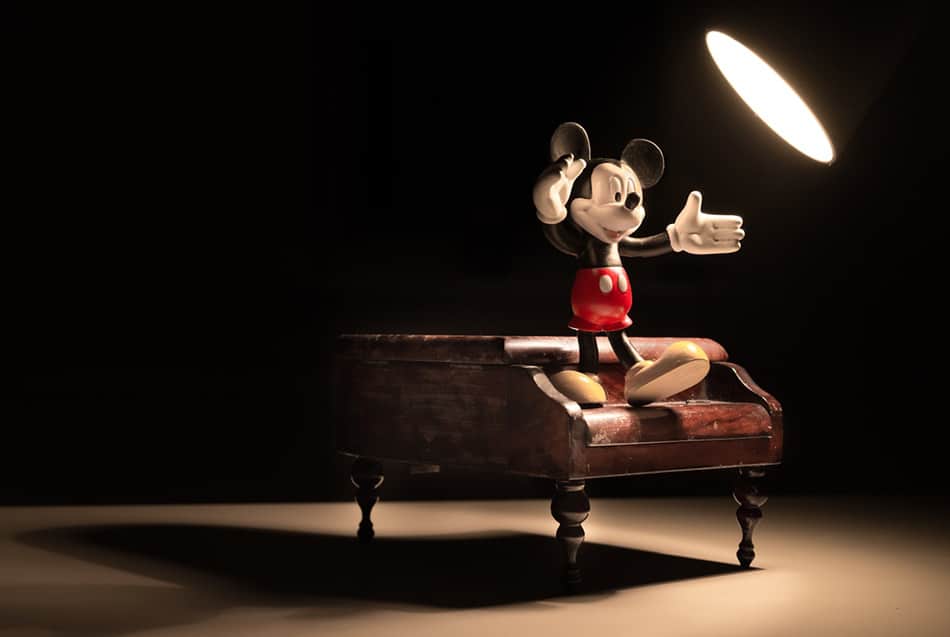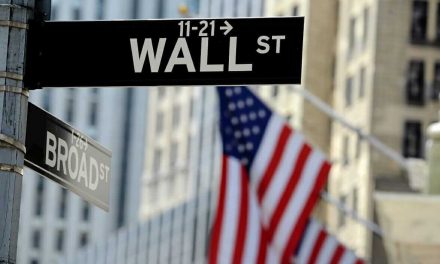Disney has proven to be one of the strongest entities in the entertainment industry. It is all done with Disney’s closing of a $71.3 billion deal with a concurrent stronghold of the industry, 21st Century Fox. It now owns multimillion-dollar franchises and characters such as Marvel, Star Wars, and Family Guy.
Disney declared a staggering $55.1 billion and revenue and $9.4 billion in net income during the 2017 fiscal year. Through their analysis of such reports, Disney projects about a $19.3 billion add in annual revenue as well as an additional $1.6 billion in net income. There is an expected layoff between 4,000 and 10,000 Fox employees, as Disney promised a $2 billion in cost from savings for the Fox deal.
In this deal, Disney currently adds to its already robust portfolio Fox film and TV studio. National Geographic, FX Networks, among other equally gargantuan Fox projects. The popular streaming service Hulu (home to the critically-acclaimed The Handmaid’s Tale) also adds to the iindustry merger
The Walt Disney Co., with this new venture, expanded its content catalog and global coverage awaiting the arrival of its new video streaming service. Hulu enters the picture, taking Disney’s stake to around 60 percent.
Disney’s global endeavor centers in a deal awaiting approvals from Brazil and Mexico. Such endorsements were given to Disney from the shareholders, particularly Chinese regulators, European Regulators, and the U.S. Department of Justice.
Disney must sell around 22 U.S. regional sports networks and sports networks in Brazil and Mexico in keeping with the regulatory requirements from the shareholder approval. In the European market, the company has approved the selling of its current stakes in networks such as History and Lifetime.
The Disney-Fox Share Exchange
Previously, Disney already had dealings with Fox in December 2017. The deal between Fox, through the Murdoch Family, and Disney cost $52.4 billion. In June 2018, Comcast uncovered a $65.8 billion offer to the Fox asset before it consequently bore fruit to the now-$71.3 billion-worth monster-deal.
Fox and Disney then fought for the acquisition and ownership of Sky, a distinguished European pay television service. A 39-percent stake bid boost was duly offered by Fox to Sky, to no avail. Comcast has trumped that already-great bid, paving the way for a rare auction in which Comcast closed a $39 billion offer for Sky. Such a sale was closed a year later after Fox, supported by Disney, agreed to sell its 39% stake.
The stocks of Fox’s first day on trading closed at $46.69 last Tuesday. Projected by Disney is that each share of 21st Century Fox would plummet to $51.57 or .4517 shares of TWDC Holdco 613 Corp., the now holding company of Disney and Fox.
Matthew Harrigan, an analyst from the Buckingham Research Group, maintained his own “buy” rating and raised to a $54 target price for the stock of Fox. He conclusively adds that Fox’s “earnings component [appear to be] healthy.”
What the Merger Brings to the Benefit of Disney and Fox
Hovenkamp, a Wharton legal studies and business ethics professor, stated that the merge was a bit too fast; his own words, being “[i]t was an extremely quick decision, particularly when you look at the market share numbers of these firms, at least in some markets, which puts them, pretty close to the line.” Even Hemant Bhargava, the technology management chair at the University of California agreed that the Fox-Disney merger was “extremely quick.”
While it is true that scholars themselves found the merger to be a tad bit too risky and quick, they still recognize the merits of the Fox-Disney deal. One could never go wrong mixing two great powerhouses. Experts from Wall Street have stated the numerous strategic benefits that this deal would bring to both parties. Such will not only boost the impressive content and global prowess of Disney, but it would also pose mutual benefits for the shares of Fox.
The strengthening of Disney’s streaming service is also at play. Bhagarva mentioned that this is one of the most significant advantages of the merger. This is since most media companies’ recurring revenue from the TV-based services continues to dwindle as consumers now switch to online streaming. By launching a streaming service that has the comprehensive catalog of Disney together with Fox’s new addition to the table, a predictable and stable revenue is at bar.
In the end, the merger foreseeably would accomplish what Disney CEO Bob Iger envisioned it to be, at least from what the experts have analyzed. Disney’s main reason, after all, is to have direct-to-consumer content services. Bob Iger said that “[t]his acquisition reflects a changing media landscape increasingly defined by transformative technology and evolving consumer expectations.”
This is reflective of a vision that sees the strategies of keeping up with the current trends of technology. Disney sought to meet the expectations of consumers without putting too much pressure into their activities. The merger, indeed, would foreseeably bring more benefits than harm to both companies.














